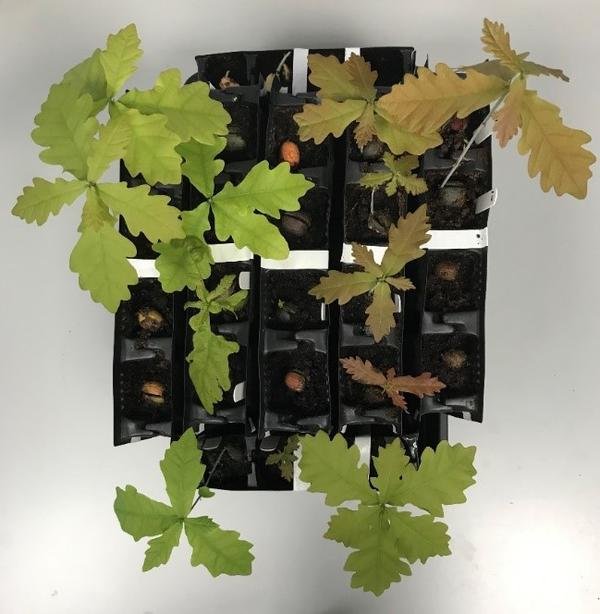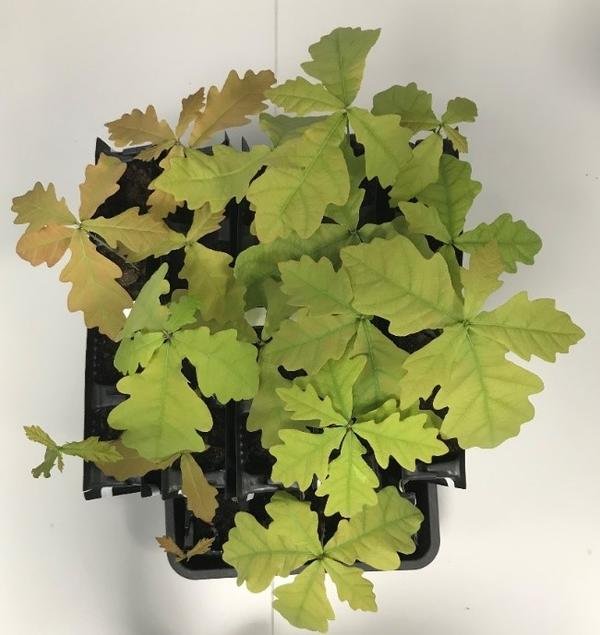Birmingham Institute of Forest Research (BIFoR)
Date: 13 November 2019
Organisation: Birmingham Institute of Forest Research (BIFoR)
Lead researcher(s): Dr Tom Welch and Dr Rosa Sanchez-Lucas
Synopsis
The Birmingham Institute of Forest Research (BIFoR) was formed in 2014 as a direct result of a £15 million donation that was match-funded by the University.
The focus of the initial gift funding, and a core focus of BIFoR, is to investigate the impact of climate and environmental change on woodlands and the resilience of trees to invasive pests and pathogens. Central to the donation was co-funding of the set up and running of a Free Air Carbon Dioxide Enrichment facility, the only such facility in the northern hemisphere, and one of the three largest climate change experiments in the world[1].
BIFoR FACE has placed scientists at Birmingham in a globally unique position to investigate the impact of climate change on trees. More recently, BIFoR is delighted to announce the recruitment of a Chair in Tree Pathology, Professor Rob Jackson and bioscientists working on pathology and physiology of trees. Prof Nicola Spence, has joined the Director’s of BIFoR in a part-time adjunct to her primary role as Defra Chief Plant Health Officer.
Dr Luna-Diez and Dr Kettles are currently developing the project “Resistance strategies of oak trees in the arms race with pathogens” under the umbrella of the Action Oak initiative and funded by the JABBS foundation. In this project, they are studying genetic and metabolomic markers of resistance to the Acute Oak Decline (AOD) bacterial complex and the oak powdery mildew fuResisngus.
In this holistic project, they are investigating both innate and adaptive immunity of oak trees at different stages. In the first stages of the project, they are working in oak seedlings under control environment in order to reduce environmental variability. In a second stage, the project will move into working in the fields of Staffordshire and in the FACE facilities in mature trees.
The project funds the work of two postdoctoral researchers that joined their teams in October 2019: Dr Tom Welch and Dr Rosa Sanchez-Lucas.
In October 2020, PhD student, Mark Raw, will join the team to study defence mechanisms in oak trees under elevated CO2.
Dr Kettles received funding from the British Society of Plant Pathology (BSPP) and the Royal Society of Biology (RSB) to initiate projects aimed at developing tools to understand tree disease resistance, and investigate the microbial communities (microbiomes) that inhabit oak trees. These projects, started by two undergraduate summer students (Adriana Lamandi and Chris Griffin) and have since been continued back in the lab at the Edgbaston campus.
Outputs:
Five week-old oak seedlings growth in controlled environment under elevated CO2 conditions


